Loving Me Was Revolutionary
I decided at 16 to forget about the people in high school that I called friends. Being amicable with people I really resented was tiring, and quite frankly, I had risen above it all. I never mentioned to them that their backhanded compliments were hurtful to me, that they’re comments about Africa were offensive to me and that chanting ‘Zulu Zulu Zulu’ and shouting ‘Golli, Golli, Golliwog’ every time a black person walked passed was barbaric and racist. I never plucked up the courage to confront any of them, because you weren’t supposed to defend yourself. These stereotypes about me, my culture and history that existed, were seen as fact, so there was nothing to challenge. Like when my mixed raced friend at school told me that she’d never be with a guy darker than her, much less an African, because God forbid, her children would come out dark skinned. I laughed and agreed, because of course, how could I argue with the fact darker skinned people (particularly girls) in Liverpool were at the bottom of the barrel. It’s not like I didn’t secretly wish I too was mixed race, with auburn curly hair and slight freckles on my cheeks as she did. It’s not like I too didn’t want an African guy, for they were ‘bush’ and ‘ugly’. Up until that point I had accepted my blackness as something that was negative, I never pondered upon it, and I never questioned it.
Being angry was the first step towards change.
In an all white school where I could count the number of black kids on my hand, the thought of being proud of who I was came hard and I was defeated throughout most of it. It was at one pivotal moment when, in the middle of my friends chanting ‘Zulu, Zulu’ and imitating what they thought were Zulu dances, that I rediscovered my feelings. I didn’t know why I felt so upset at this particular time, because I’d seen this scene played out again and again. I also knew nothing about Golliwogs and my knowledge of the Zulu was incredibly scarce. Still, I felt like I had to defend what was mine. I hadn’t claimed my blackness (yeah right, as if blackness was something to claim), but it was mine. Africa was mine, the culture was mine, its history, its supposed savageness, its blackness – it was all mine and here they were, trampling on it. I was afraid of this discovery of my anger towards racism and bullying, because it meant that I actually had to start doing something about it. Being angry was the first step towards change. I began to fight and wrestle with myself, almost having to prove to my mind that I was worth something.
I channelled my anger into productiveness.
The real battle began, not with confronting their ignorance, but challenging myself to love and accept me. This revelation in itself was against the protocol of my friendship circle. By learning to embrace myself, I began to lose those whose opinions of me were negative. I began to hold my head up high, and I refused to engage in their rants about not wanting to be in school, and their constant rebellion. Ultimately I came to the conclusion that in a year or so, I’d be done with High school and all these petty ‘friendships’ would soon cease to exist. I wasn’t going anywhere with these people and they certainly weren’t edifying me. So when I decided to spend my lunchtimes and breaks away from them, and in my school’s ICT suite, my friends had figured out that I’d had enough of their ‘friendship’. I in turn began to be the object of their ignorance and racism. As hard as they went with their sudden dislike of me, I matched their fierceness with my self love. I tucked my shirt in, fastened my tie, shifted my skirt properly and I channeled my anger into productiveness. Out of this anger came my love for language and literature. Soon, reading books, poetry and writing short stories of my own was my way of releasing the hatred that had been building up in me. I looked to role models that could verify my physical beauty – I leaned on the writings of Maya Angelou, the music of Ella Fitzgerald – I looked to Angela Bassett, Erykah Badu, Alek Wek, Whoopie Goldberg, anyone that looked like me and was successful. It was at that same time that I discovered blackisbeautiful.se. I saw all these beautiful dark skinned women, these scholars, authors, dancers, politicians – and I was amazed that someone like me could become a person of substance, something that I never thought was possible.
I no longer identified with the shy, timid black girl who hated herself, but the girl who nobody could tell shit.
The journey to my self love was humorous in a way, because I started to say things like ‘I’m fabulous’, ‘I’m a genius’, ‘I’m stunning’ and ‘you can’t tell me shit’. I was imitating the confidence of women like Eartha Kitt and Naomi Campbell. Somewhere along the line, I started to believe the things that I said. I tolerated no negativity, even from those closest to me and I defended myself with a fierceness that I’d never had before. To say with boldness and fearless, that I was African, dark skinned and damn well proud of it, shocked people because they didn’t think that someone who was so far from the European ideal should have this assurance. In reality I was still as unconfident as I’d always been, but I faked it all on the surface. With this spurge of superficial confidence, people in my class no longer gravitated towards me. I was left alone, but I wasn’t lonely. I kept reading and reading, and to be by myself was exhilarating because I didn’t need to prove anything to anyone. This confidence that I started having developed into true and genuine self esteem. I didn’t plan it that way, it just happened. I don’t even remember the transition from my superficial confidence to the real thing. Soon enough, people started snapping in ‘Z’ formation and were calling me a Diva, which catapulted me into another stereotype of the ‘Sassy Black Chic’. But I no longer identified with the shy, timid black girl who hated herself, but the girl who nobody could tell shit. I guess the latter was the lesser evils.
Daring to love yourself is difficult.
I said all that to say this, your boldness is your power. Your recognition of your excellence is what will propel you forward and make you fearless to do whatever it is you want to do. So in a sense, you have to verify yourself. As much as I looked to these brilliant black women, all the confidence had to come from me. I had to verify myself before anyone else could put the icing on the cake. Daring to love yourself is difficult, oh my God, it’s so difficult and there is going to be resistance. Saying no to abuse or negative assumptions towards you is only second to how you see yourself. Simply saying ‘no’ to what the supposed ideal is, is revolutionary. And though I speak of loving yourself, I don’t mean indulging or being IN love with yourself, but it’s the love that causes you to recognize your worth and not tolerate any given crap. I guess what I’m trying to say is, build your resistance first, have your shield ready before you embark on any battle. Because that is what is going to sustain you during your journey through life. Personally, I had to fake it in the beginning, but that is all irrelevant now because it has made me into the person that I am now. The point isn’t where I started, but where I see myself and what I’m going to do to get there. Sometimes, all you need to do is resist, and you will find negativity fleeing from you.
Love you, it’s revolutionary.
_________
Sherida is a London based Graphic Designer and lifestyle blogger. Amongst other things she a collector of books, magazines, and print samples due to her slightly obsessive zeal for printed typography and swiss design. When she’s not scrutinising someone’s type treatment, she writes short stories with wit and unadulterated truths. | Twitter + Blog + Port
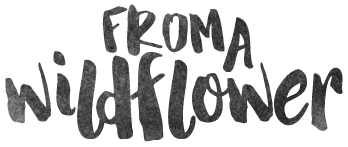
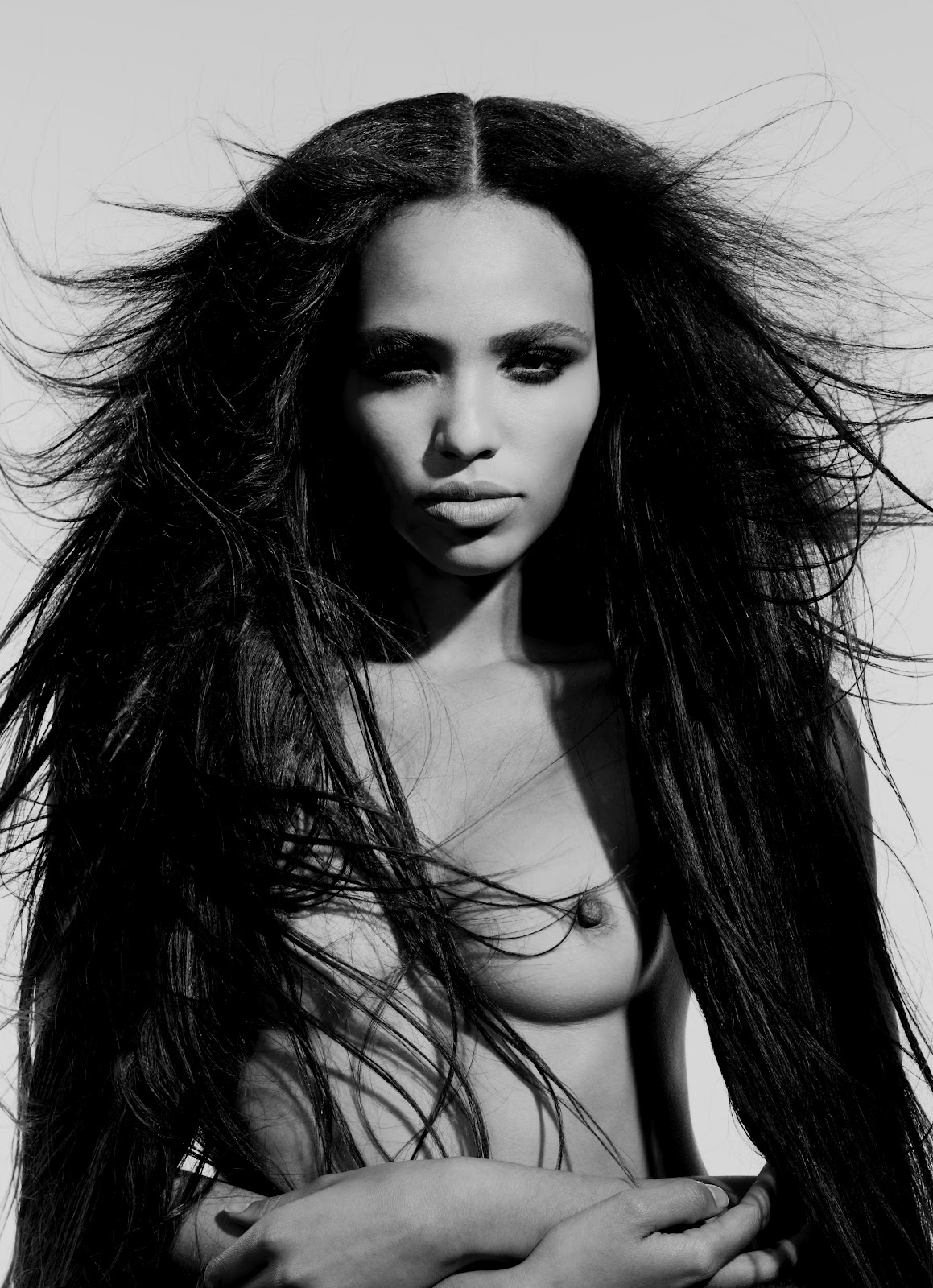
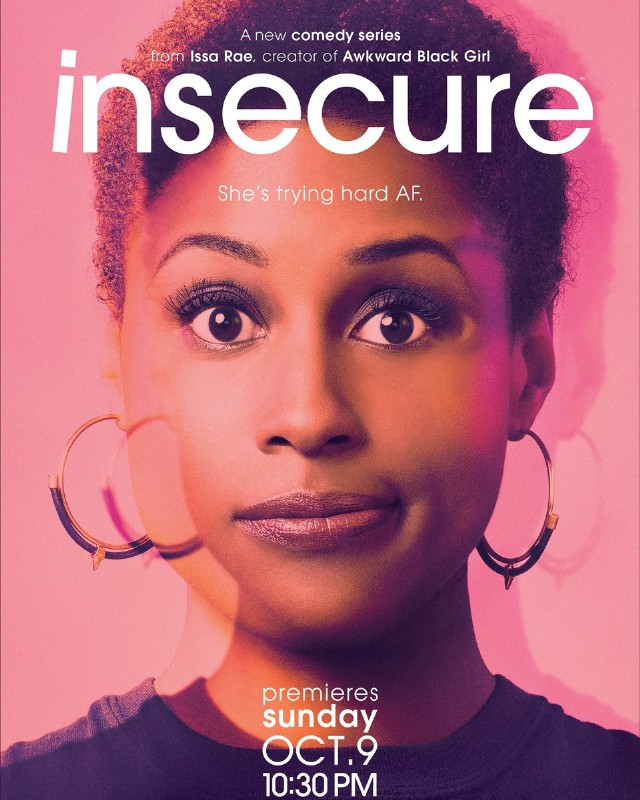

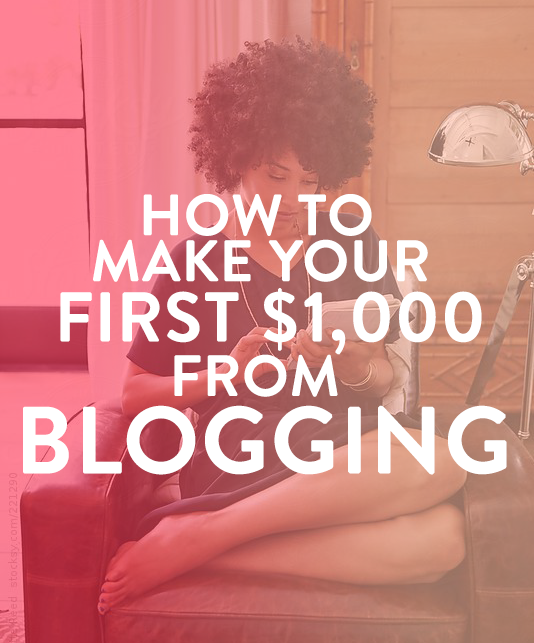
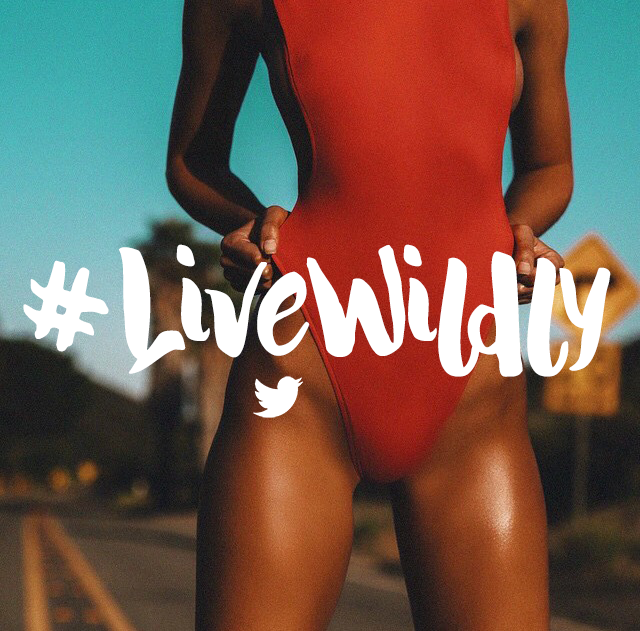
May 23, 2014
Yes!!!
June 3, 2014
Yes it is!